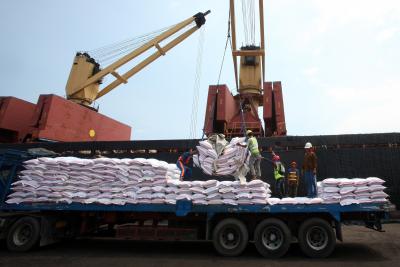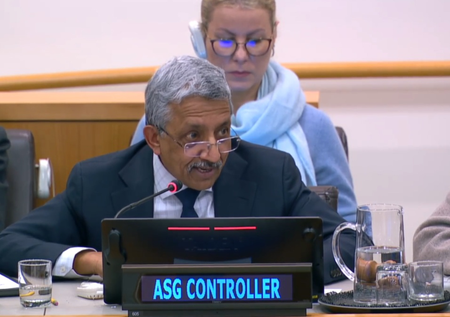
Manila, Sep 29 (IANS) Philippine President Ferdinand Romualdez Marcos has ordered the extension of the rice import ban, covering the period from September 1 to November 2, for another 30 days to support Filipino farmers and stabilise local rice prices, Philippine Agriculture Secretary Francisco Tiu Laurel said on Monday.
Tiu Laurel said the extension had been decided during his meeting with Marcos at the presidential palace on Friday, Xinhua News Agency reported.
“It has been decided to extend the rice import ban for a minimum of 30 days, or until the end of the year, depending on the situation,” he told reporters.
He added that Marcos will issue an executive order prohibiting local government units and other government offices from purchasing imported rice.
“There is also a big possibility that the government will impose a tariff again after the import ban lapses, and set a floor price for palay,” he said.
“Palay” is the Filipino term for unhusked or rough rice. It is the raw, unprocessed form of rice before it is milled to remove the husk and bran. In the Philippines, “palay” is the staple food crop.
Tiu Laurel added that Marcos has “approved in principle” the issuance of an executive order for the emergency procurement of palay and the additional leasing of warehouses, so that the government can purchase more palay from farmers.
Last week, the Department of Agriculture (DA) said Philippine President Ferdinand Romualdez Marcos was moving to tighten the country’s rice import policy by extending the current two-month import suspension and raising tariffs on foreign rice. Agriculture Secretary Francisco Tiu Laurel said Marcos has directed the DA to prepare the necessary orders to extend the import freeze.
“The duration of the import freeze and the possible increase in taxes on imported rice will be determined once we have more accurate data on supply and prices of palay, or unhusked rice, at the farm gate,” Tiu Laurel said after conferring with Marcos.
The import suspension, which began on September 1, was initially imposed to help farmers recover from falling palay prices triggered by a surge in cheaper imported rice.
–IANS
akl/as




